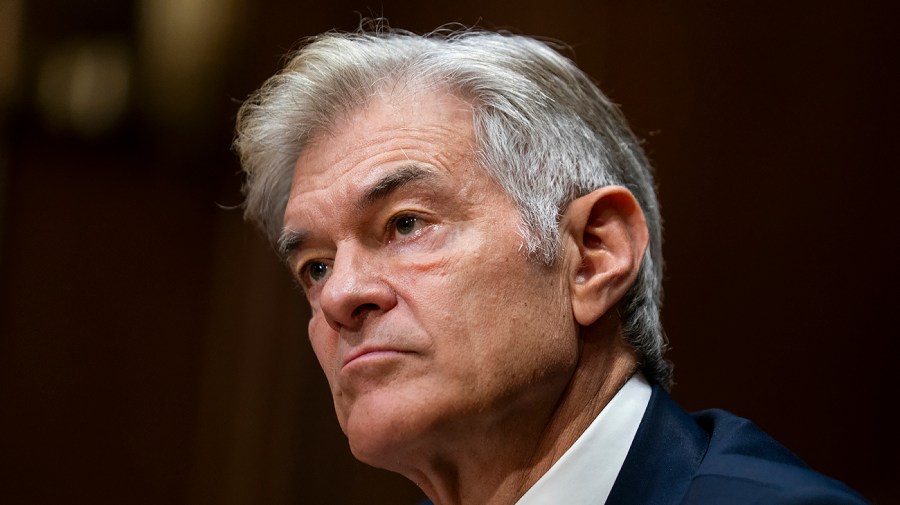Mehmet Oz, the celebrity doctor who oversees Medicaid and Medicare for the Trump administration, on Wednesday threw his support behind Florida’s effort to end mandatory vaccinations in schools.
In an interview on “The Story with Martha MacCallum,” the Fox News host asked Oz whether he agrees with officials who want to make Florida the first state in the nation to end childhood vaccine requirements and whether Oz would “recommend the same thing to your patients.”
“I would definitely not have mandates for vaccinations,” the Centers for Medicare and Medicaid Services administrator told MacCallum.
“This is a decision that a physician and a patient should be making together,” he continued. “The parents love their kids more than anybody else could love that kid, so why not let the parents play an active role in this?”
Oz said doctors “shouldn’t feel pressure from the government to decide what to do with the vaccination schedule,” adding, “They should do what’s the best interest of the person in front of them, let’s say it’s a child, and what those parents desire. That’s how the system’s supposed to run.”
Florida Surgeon General Joseph Ladapo on Wednesday announced plans to end all vaccine mandates in the state without exceptions.
Florida’s vaccine requirements for public schools and day care facilities have been in place for decades and include shots for polio, diphtheria, measles, rubella, pertussis, mumps, tetanus and other communicable diseases.
Ladapo, a longtime vaccine skeptic, said the Florida Department of Health can remove mandates on “half a dozen” vaccines and that the governor and state Legislature would need to “get rid of the rest.”
The move has prompted concerns in the health care community. Physicians and other health experts have long supported school vaccine requirements as a way of stopping the spread of infectious diseases among children and their communities by contributing to herd immunity.
Target vaccine rates vary by illness. With the measles, about 95 percent of people need to be vaccinated against the virus to knock down the disease’s chances of spreading, according to the Centers for Disease Control and Prevention.

